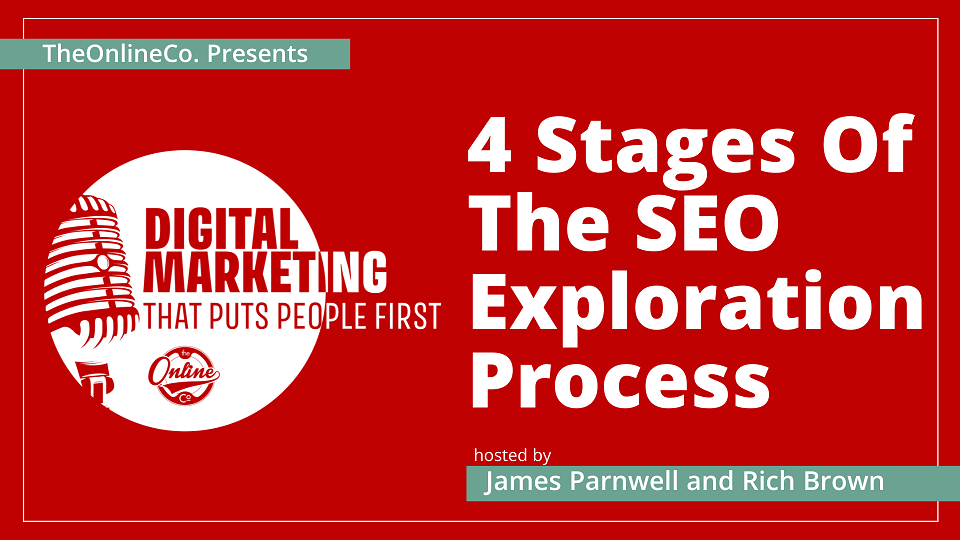A keyword strategy is crucial for businesses looking to improve their online presence, reach their target audience, and achieve their marketing goals. However, it can be complex and time-consuming.
Why is keyword research important? To ensure your business is discoverable on platforms like Google, it’s crucial to grasp the keywords users are inputting in their searches. By incorporating these keywords into your website content, you increase the likelihood of your page appearing in search results.
This requires an understanding of customer intent through comprehensive Search Engine Optimisation (SEO) keyword research, identifying the most valuable keywords, grouping them effectively, and crafting content that genuinely aids users. Simplifying this process is attainable when you prioritise the user’s needs throughout.
Let’s break it down and make it easier to grasp.
Understanding the Basics
Before we dive into the nitty-gritty, let’s cover some fundamental concepts.
User-Centric Approach – The core principle here is putting people first. Your strategy should revolve around what your target audience is searching for and how you can provide value to them.
User Intent – It’s essential to grasp what your potential customers are looking for when they enter specific search terms. Understanding user intent is key to effective keyword targeting.
Understanding Keyword Classes
Keywords are classified into three categories:
- A-Class Keywords: These are transactional keywords with a high average monthly search volume and high keyword difficulty. They are competitive but can be highly profitable if you rank well for them. You may use a keyword difficulty checker tool to help identify A-class keywords.
- B-Class Keywords: Transactional keywords with lower search volume but less competition. These can be quicker wins for improving rankings.
- C-Class Keywords: Informational keywords, often in question format, are aimed at providing answers to users. They might not generate immediate sales but are essential for building authority and trust.
Keyword Research Process Made Simple
Getting started with keyword research doesn’t have to be daunting. Here’s a simplified approach to gathering keyword ideas:
Set Up Website Analytics
Start by having a Google account, Google Analytics, and Google Search Console set up for your website. If you’re not tech-savvy, don’t worry; there are online instructions to guide you in using website analytics software and tools.
Creating Quality Content
The heart of your SEO strategy lies in creating valuable content. However, it’s crucial to focus on people, not just search engines:
- User-Centric Content: Write content that genuinely helps your audience. Think about their needs and questions.
- Natural Keyword Integration: While writing, keep your keywords in mind, but don’t force them. They should seamlessly fit into your content.
- Content Updates: Remember that SEO is an ongoing process. Regularly update and refresh your content to stay relevant and maintain your rankings.
- Monitoring Performance: Your strategy isn’t complete without tracking and assessing its effectiveness.
- Free Tools: Google Search Console is a valuable free tool for monitoring keyword performance. Keep a spreadsheet to track rankings, clicks, and impressions.
- Stay Informed: Be aware of Google’s algorithm updates, like the recent “helpful update,” which rewards content that engages users and provides value.
Bonus Tip: Reviving Old Content
Don’t forget about your existing content. Often, you can breathe new life into old pages:
- Identify High-Potential Pages: Find pages that are on the verge of ranking higher, but not quite there yet. Check dates, statistics, relevant links, meta description, and other information that requires updating.
- Content Enhancements: Update and expand these pages, adding fresh information and the right keywords to improve their rankings. Use Google’s keyword planner or other similar tools to research keywords and ensure that each keyword or keyword phrase has high search volume data.
Ready to Boost Your SEO Strategy? Let’s Get Started!
Keyword and content strategy doesn’t have to be complicated. By understanding user intent, classifying keywords, conducting research, creating quality content, and monitoring performance, you can streamline your approach. Remember, regardless of what keyword research tool you use, it’s all about putting people first, providing value, and staying current in the ever-evolving world of SEO.
If you find this blog informative and are eager to take the next steps in improving your SEO strategy, we’re here to help! Our SEO exploration process simplifies everything we’ve discussed into an actionable plan that can transform your online presence. Here’s what we offer:
- Comprehensive Keyword Research
- Keyword Data Classification and Strategy
- Technical Setup
- 12-Month Roadmap
Ready to take your SEO to the next level? Click the red button to book a quick chat. Let’s embark on this journey together and watch your business grow through effective SEO strategies.



